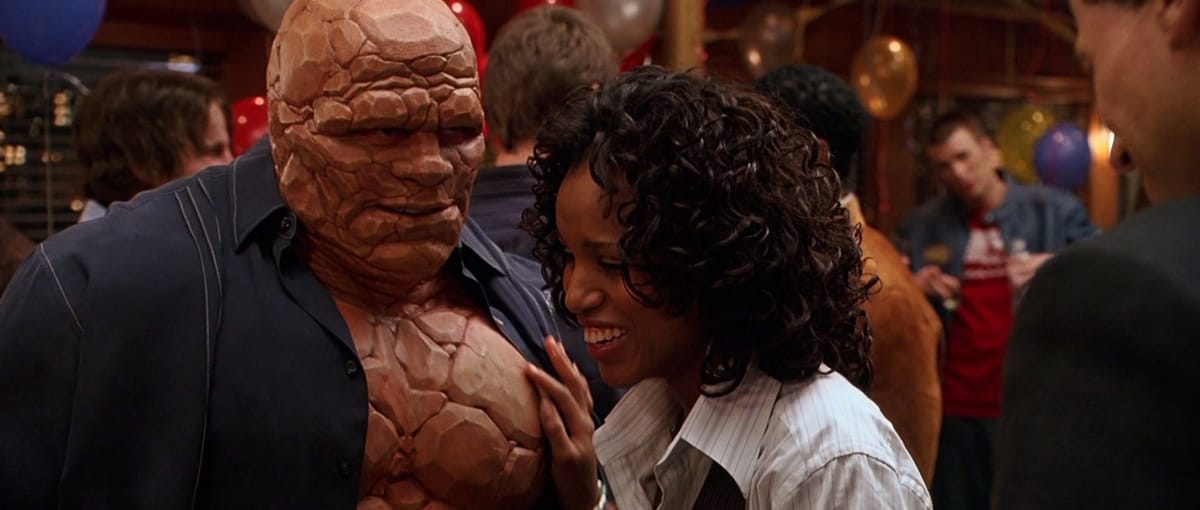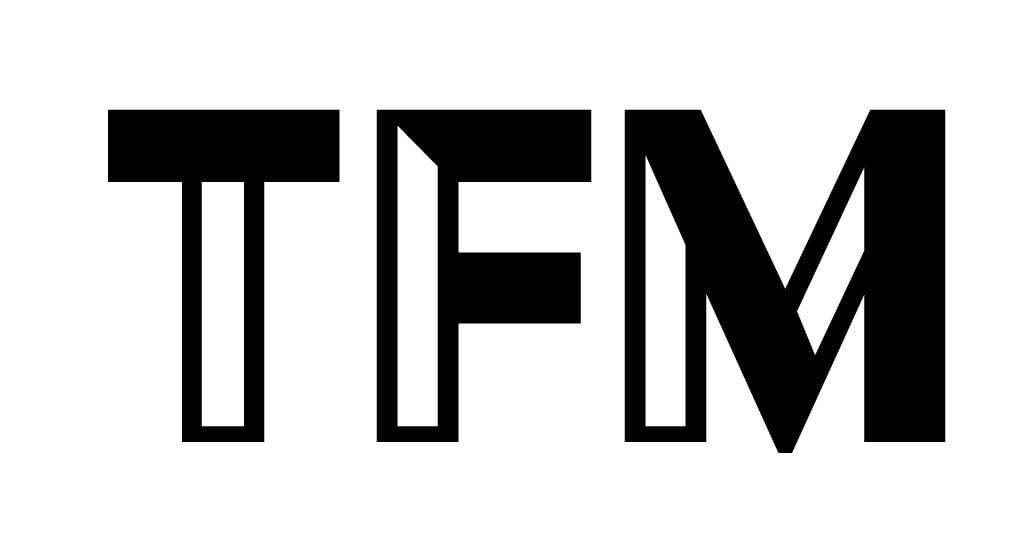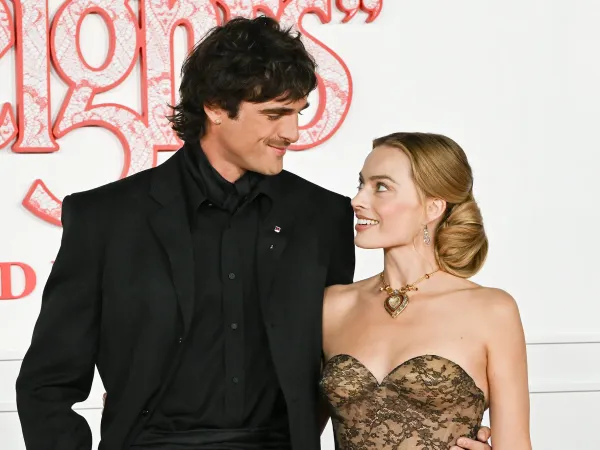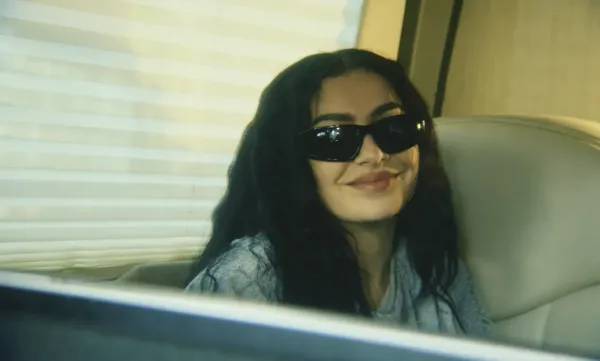Popcorn Disabilities: 'Fantastic Four' and the Theory of Love is Blind
Alicia Masters and how often movies love women who can't see

Welcome to this installment of Popcorn Disability, where I look at disability through the lens of popular culture. Because July is Disability Awareness Month I’ll be covering a different disabled movie every Friday in July! If you want to read the full story consider becoming a paid-subscriber. Not only do you get access to the awesomeness below, but you’ll be able to read every paid post including our monthly watch diaries, disability stories, and more. I also cross post these over at The Film Maven Patreon where you can subscribe, at the same price, without supporting Substack itself. Subscribe and show your support for independent journalism.
Read more about the history of disability in film by pre-ordering my upcoming book, Popcorn Disabilities: The Highs and Lows of Disabled Representation in the Movies. I not only expand on what you’re reading here, but examine the stereotypes, tropes, and the good, bad (and really ugly) of disabled movies. Preorder the book by clicking this link! Send me proof of your preorder and I’ll give you a paid subscription to The Film Maven for one year!
Back when the new Fantastic Four movie came out I was asked by a few people how I felt about the movie erasing Ben Grimm’s blind girlfriend, Alicia Masters, from the narrative in favor of Natasha Lyonne’s fairly non-descriptive character, Rachel. Not knowing much about the Fantastic Four I had to admit I didn’t particularly mind because I’d only really seen the character, played by Kerry Washington, portrayed fairly one-note in the 2000s era takes on the material.




